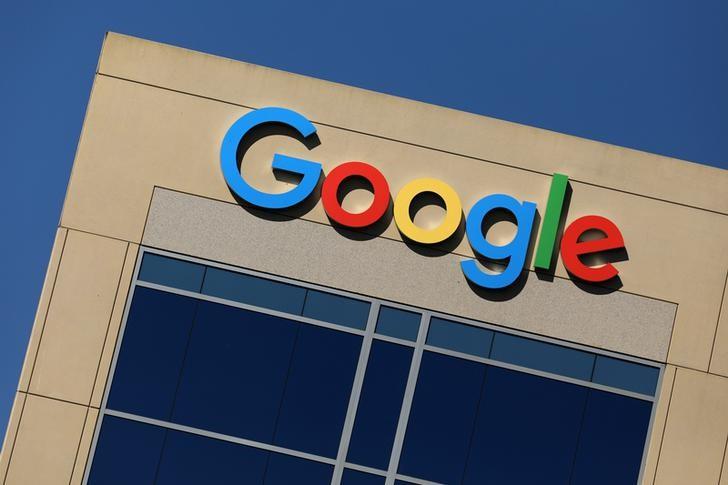Google recently announced its plans of eliminating the Chrome browser's third-party cookies by the end of 2022. Most definitely, it sounds like a good news for the users, who are anxious about privacy.
However, UK's competition regulator has some concerns over Google's plans. They have announced an investigation into changes Google is proposing, as they are worried that advertising dollars could "become even more concentrated on Google's ecosystem at the expense of its competitors."
Privacy Sandbox
Google had launched Privacy Sandbox project back in 2019 so that privacy can be increased while still allowing personalized ads. The goal is to eject the third-party cookies, which have a notorious reputation of allowing bot fraud and fingerprinting, which can be traced back to the consumer across the internet. Google's plan is to replace those with something called "trust tokens," which would make it possible for the advertisers to showcase relevant ads to the users without connecting the data back to an individual consumer.

Now the Competition and Markets Authority (CMA) of the United Kingdom has come to a conclusion following its recent market study - Google's Privacy Sandbox proposals are going to have a potentially significant impression on publishers; such as newspapers and the digital advertising market.
"[Google] could undermine the ability of publishers to generate revenue and undermine competition in digital advertising, entrenching Google's market power," said CMA in a statement. To support this data, the CMA has said that they have received complaints from a group that represents newspaper publishers and technology companies, which accuses Google of "abusing its dominant position."
However, privacy of the consumers is also a huge concern for them. So, they "will continue to work with the ICO as we progress this investigation, while also engaging directly with Google and other market participants about our concerns." added the organization in their statement.
Formal Investigation
CMA would conduct a formal investigation into Google's proposed changes. The regulator mentioned that it "has an open mind and has not reached any conclusions" as of now as to whether the tech giant has broken any law. The regulator will work closely along with Google in order to address the concerns regarding privacy and competition, both, throughout the development process of the new tool.
Reportedly, a Google spokesperson has said that acknowledging and solving consumers' privacy concerns and also empowering the advertisers and publishers who sought and support the free and open internet, needs major changes throughout the industry, not just one company.









